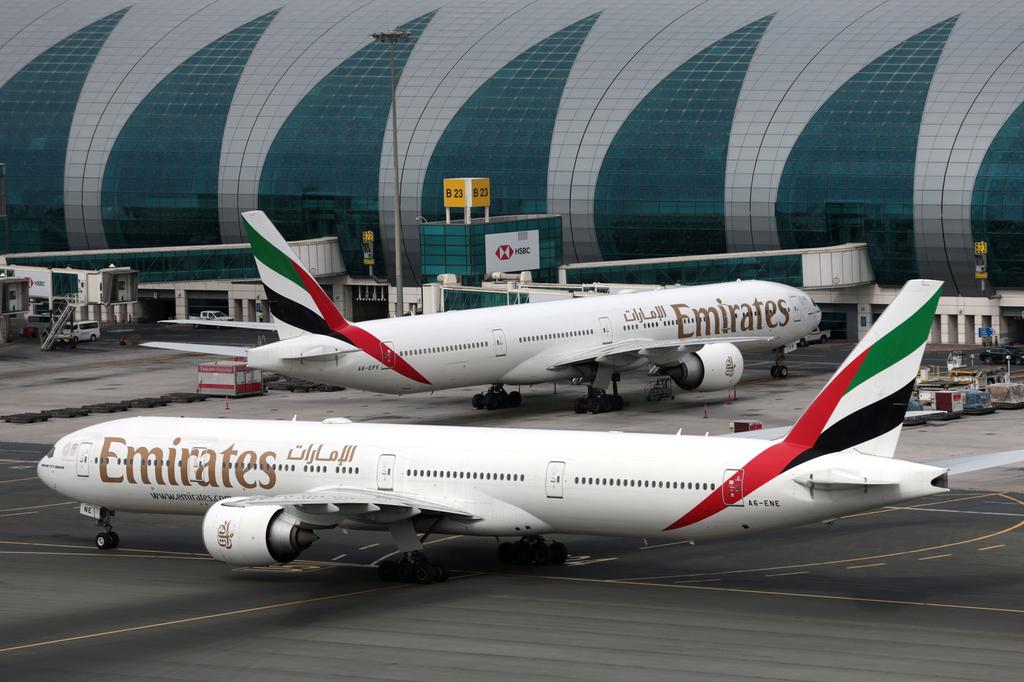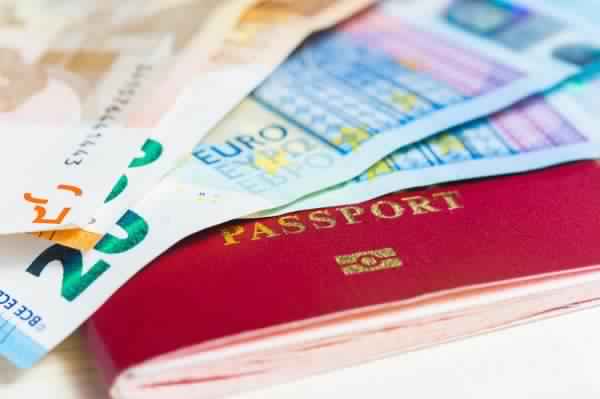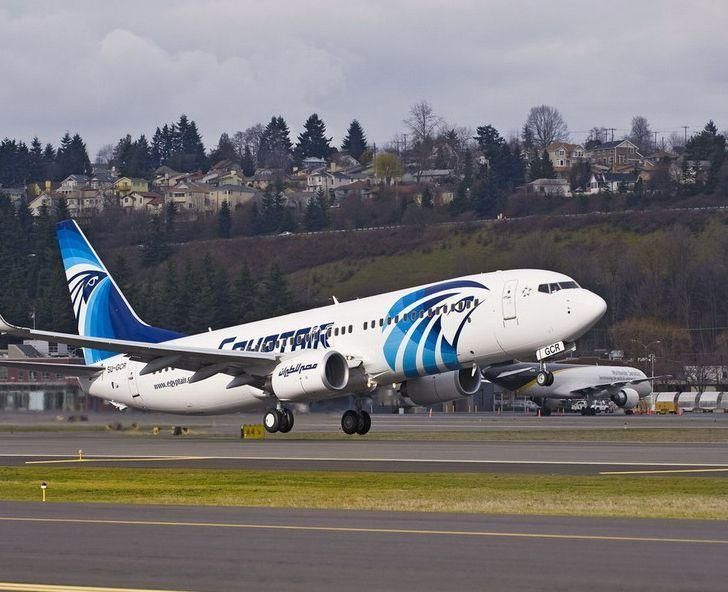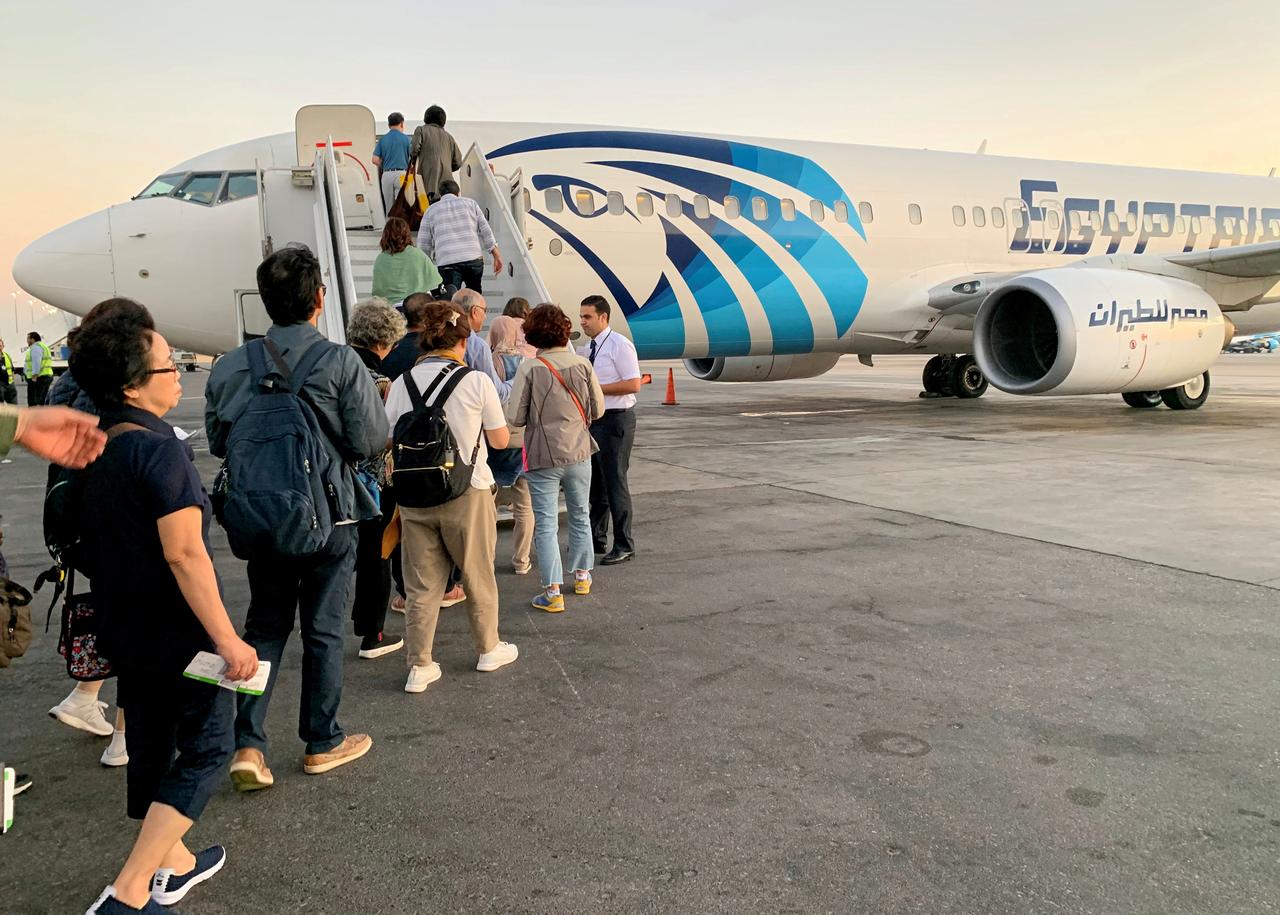
DUBAI (Reuters) – Emirates, one of the world’s biggest long-haul airlines, said on Sunday it will raise debt to help it through the coronavirus pandemic and may have to take tougher measures as it faces the most difficult months in its history.
The state-owned airline, which suspended regular passenger flights in March due to the virus outbreak that has shattered global travel demand, said that a recovery in travel was at least 18 months away.
It reported a 21 percent rise in profit for its financial year that ended on March 31, but said the pandemic had hit its fourth quarter performance and it would tap banks to raise debt in its first quarter to lessen the impact on cash flows by the virus.
The airline, which has been promised financial aid from its Dubai state owner, did not say how much it expected to raise.
“The COVID-19 pandemic will have a huge impact on our 2020-21 performance,” Chairman Sheikh Ahmed bin Saeed said in a statement.
“We continue to take aggressive cost management measures, and other necessary steps to safeguard our business, while planning for business resumption.”
In an internal email sent to staff on Sunday and seen by Reuters, Sheikh Ahmed said the months ahead would be the most difficult in the airline’s 35-year history.
“At some point, if our business situation doesn’t improve, we will have to take harder measures,” he said in the email.
Emirates Group, which counts the airline among its assets, said it will not pay an annual dividend to its shareholder, Dubai’s state fund. Its cash assets stood at 25.6 billion dirham (seven billion dollars), it said.
Dubai Ruler Sheikh Mohammed bin Rashid al-Maktoum said in the group’s annual report released on Sunday that he was confident Emirates would emerge from the crisis strong, and a global leader in aviation.
Dubai said in March that it would inject funding into the airline. Emirates said in the annual report that Dubai would financially support the airline if it was required.
An Emirates spokeswoman said Dubai’s commitment to provide it with “equity injections” would allow it to “preserve its skilled workforce.” It would also allow it to be ready to resume flights when possible and continue to operate cargo and other services, she added.
HUB MODEL
The airline made a profit of 1.1 billion dirhams in the year to March 31, up from 871 million dirhams a year earlier, it said. However, it cautioned that the virus outbreak had hit its final quarter.
Revenue contracted 6.1 percent to 92 billion dirham as the number of passengers carried fell 4.2 percent to 56.2 million.
In March, Emirates also temporarily cut staff pay due to the coronavirus pandemic.
It is not clear when Emirates will resume normal flights. Rival Qatar Airways has said it would begin rebuilding its network from this month, while Abu Dhabi’s Etihad Airways plans to resume regular flights from June.
International connectivity is crucial for Emirates’ Gulf hub model, which transformed Dubai six years ago into the world’s busiest international airport. It does not operate domestic flights and most of its passengers transit through its hub.
Emirates sister company dnata saw profit drop by 57 percent in the year through March 31 to 618 million dirhams, which the company attributed to investments in its catering and airport services divisions and weak demand in its travel business.
Dnata has laid off some employees so that they could be eligible for unemployment schemes, Sheikh Ahmed said in the internal email.
Dnata is reviewing its operations in Australia after it was excluded from a government job protection scheme there due to its foreign state ownership.
Profit at the Emirates Group, which also includes dnata, fell 28 percent to 1.7 billion dirham. Revenue was down 4.8 percent to 104 billion.
Unfavourable currency exchange rates cost the Group 1 billion dirham in profit, it said, while it saw some respite from cheaper oil prices.
(One dollar = 3.6730 UAE dirham)
Reporting by Alexander Cornwell; Editing by Susan Fenton
Image: FILE PHOTO: Emirates Airline Boeing 777-300ER planes are seen at Dubai International Airport in Dubai, United Arab Emirates February 15, 2019. REUTERS/Christopher Pike




